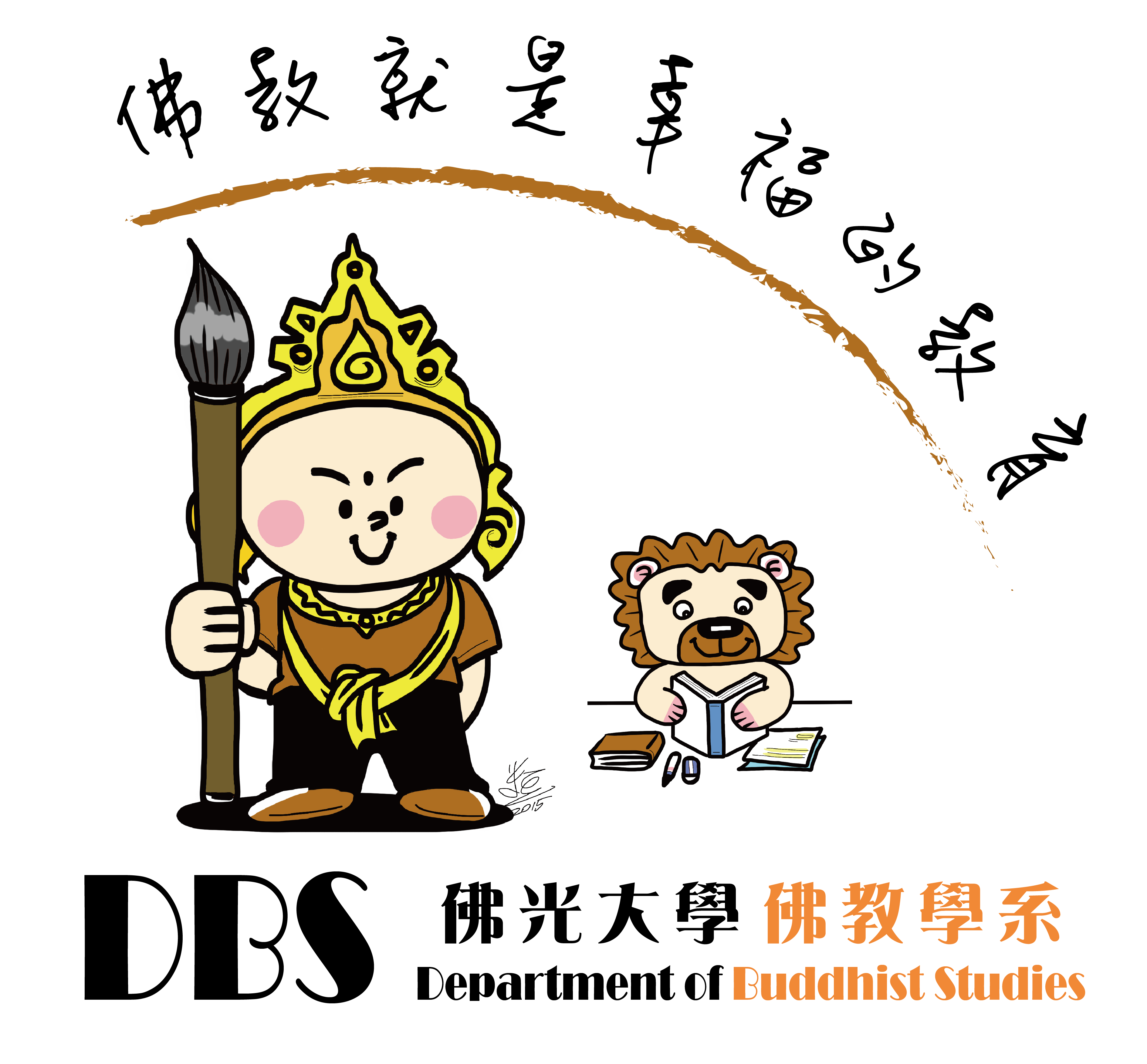On September 22, the Department of Buddhist Studies at Fo Guang University held its first “Let’s Go Out! Academic Conference Sharing Session.” Faculty and students gathered together to exchange what they had seen and learned from participating in various conferences.
The session opened with Dr. Chang Mei-ya of the Fo Guang University Center for Buddhist Studies, who spoke on the value of attending academic conferences. She pointed out that such events not only allow participants to keep abreast of the latest research trends and unpublished findings but also provide valuable opportunities to engage face-to-face with scholars. She further emphasized that serving as conference staff offers students hands-on experience in event organization and logistics.
Adjunct faculty member Ven. Dr. Zhiru shared her experiences at Japan’s Hōsui-ji Temple, where she participated in both the International Forum of Young Buddhist Scholars and the 76th Conference of the Japanese Association of Indian and Buddhist Studies. She explained how the keynote lectures by prominent scholars broadened her understanding of research topics and methodologies, exposed her to current debates and fresh perspectives, and reminded young scholars to break free from traditional frameworks to develop cross-disciplinary visions.
Ven. Zhiru also described the challenge and growth of delivering her first paper in Japanese. She expressed deep gratitude to Professor Nishino Midori, who assisted her in refining the script and correcting her pronunciation, enabling her to deliver the paper smoothly. Moreover, she observed the vibrant exchanges between senior and junior generations in Japanese academia, noting the field’s vitality. Through conversations with University of Tokyo graduate students, she also learned that Japan is currently using AI technology to digitize the Chinese Buddhist Canon, compiling the Reiwa Canon, envisioned as an important academic resource following the Taishō Canon. She concluded by encouraging students to seize opportunities to attend international academic conferences, as such experiences greatly expand intellectual horizons.
The students’ reflections were equally inspiring. Ven. Jianli, an undergraduate student, worked as an audio technician during the “Boundless Ocean of Dharma Treasures” international conference. She shared how she transformed her initial anxiety into composure, learning the difference between simply “getting things done” and “doing things well.” Technical glitches—such as sudden computer crashes or last-minute adjustments to slides—taught her to remain calm instead of panicking. She likened these challenges to a process of self-cultivation, sharpening her ability to stay steady amidst chaos. When the conference schedule was disrupted by a typhoon, she admired the senior students’ calm response, which revealed how much dedication and precision are required behind the scenes of a successful event. Although physically exhausted, she felt spiritually grounded, remarking that the conference amid the storm became a kind of spiritual training, tempering her heart into greater stability.
Chen Hui-chien, a Ph.D. student, reflected on her experiences participating in academic activities at both Fo Guang Shan and Hōsui-ji Temple in Japan. “Going to Japan? Sure!”—this was her initial, almost casual reply when invited by Professor Miao-jia, without knowing what awaited her during the summer. Later, she also joined the working team for the “Boundless Ocean of Dharma Treasures” conference at Fo Guang Shan in Kaohsiung. Although this event was confirmed later, it took place earlier than the Japan conference, allowing her to first observe the operations of the conference affairs and audio-visual teams at the headquarters. She then carried this initial experience to Japan, where she worked alongside three monastics and senior students as staff members at Hōsui-ji Temple.
Her greatest takeaway from both events was the rare opportunity, even as a staff member, to closely witness the bearing and scholarly dedication of renowned academics within a short span of time. While these scholarly heights remain beyond her current reach, she regarded the chance to be immersed in their presence as an invaluable learning experience.
Finally, Professor Lin Hsin-yi remarked that hearing the students’ reflections brought back memories of her own days of academic exploration. She expressed joy in seeing students’ growth through such activities and encouraged graduate students to seize every opportunity to attend conferences, consult scholars directly, and engage in dialogue—experiences that she described as essential nourishment for intellectual and personal growth.

 College and Department of Buddhist Studies, FGU
College and Department of Buddhist Studies, FGU